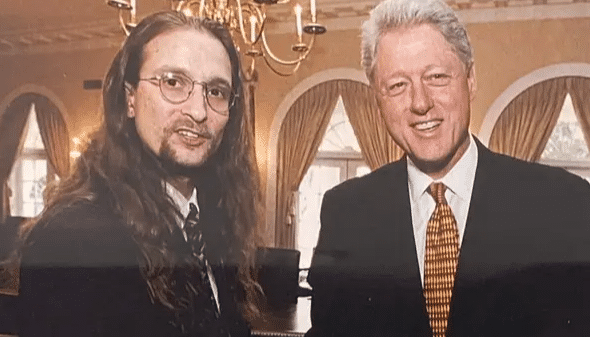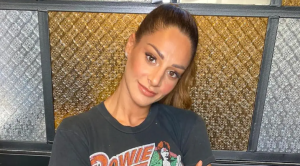Peiter “Mudge” Zatko, former Twitter head of security has now blown the whistle on the company, highlighting the major security issues the social media platform and the risk it poses to personal information, company shareholders, national security, and democracy.
Among the can of worms Zatko opened in exclusives given to The Washington Post and CNN, the issue of Twitter bots also came to light. Elon Musk, the potential buyer of Twitter, had flagged this issue and walked away from the deal over the same, resulting in the ongoing legal tussle between the world’s richest man and the Jack Dorsey-founded social media company.
Now, Zatko has claimed that Twitter executives don’t have the resources to fully understand how many bots are there on the platform and weren’t motivated to either.
A brief rundown of the Musk-Twitter legal battle includes the billionaire claiming that the number of bots on the platform impacts user experience and can affect the long-term value of the company. Twitter believes Musk has buyer’s remorse due to the market downturn and is using the bots as a pretext to renege on the $44 billion offer.
According to Zatko, Twitter is the only social media company that reports user numbers to investors and advertisers via a unit called monetizable daily active users (mDAUs). Others only count and report active users and Twitter did the same till 2019, at which point it realized there was a fluctuation in numbers due to major bot networks being taken down. Then, the platform switched to mDAUs – which counts all users who can be shown advertisements and leaves those who for some reason can’t be shown ads. These users are known to be bots and are separated, Zatko revealed.
Also Read | Peiter Zatko’s Twitter revelations: 5 takeaways
Twitter has reported that less than 5% of its mDAUs are spam or fake accounts, but Zatko’s disclosure makes the case that by reporting bots as a percentage of the mDAU rather than as a percentage of the total number of users on the platform, the social media site obscures the real numbers and Zatko says this is misleading.
The whistleblower also said that he’s been asking about bot numbers on Twitter since 2021, and the head of site integrity told him that Twitter didn’t know how many bots were present on the platform. Zatko alleges that after the conversations his takeaway was that Twitter “had no appetite to properly measure the prevalence of bots”, CNN reported.
He also told the news organization that there’s value in trying to measure the total number of spam, fake, or otherwise automated accounts on the platform. “The executive team, the board, the shareholders and the users all deserve an honest answer as to what it is that they are consuming as far as data and information and content [on the platform … At least from my point of view, I want to invest in a company where I know what’s actually going on because I want to invest strategically in the long-term value of an organization”, CNN reported Zatko saying.
Also Read | Twitter whistleblower or Tesla whistle? What’s behind Elon Musk’s new post
Zatko has cast doubt on Twitter’s ability to estimate the real number of spam or fake accounts, and he justified the whistleblowing, telling CNN “Jack Dorsey reached out and asked me to come and perform a critical task at Twitter. I signed on to do it and believe I’m still performing that mission”.







